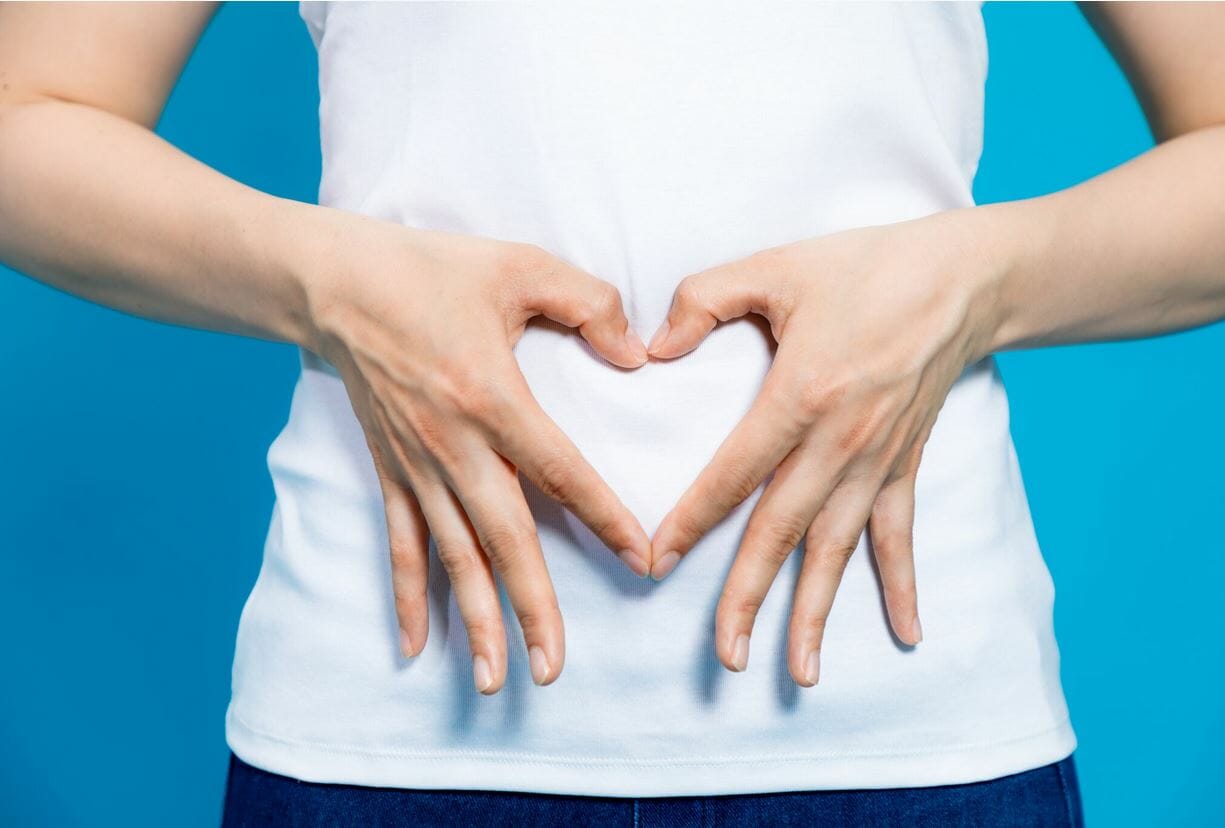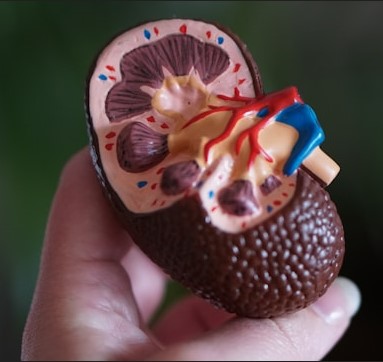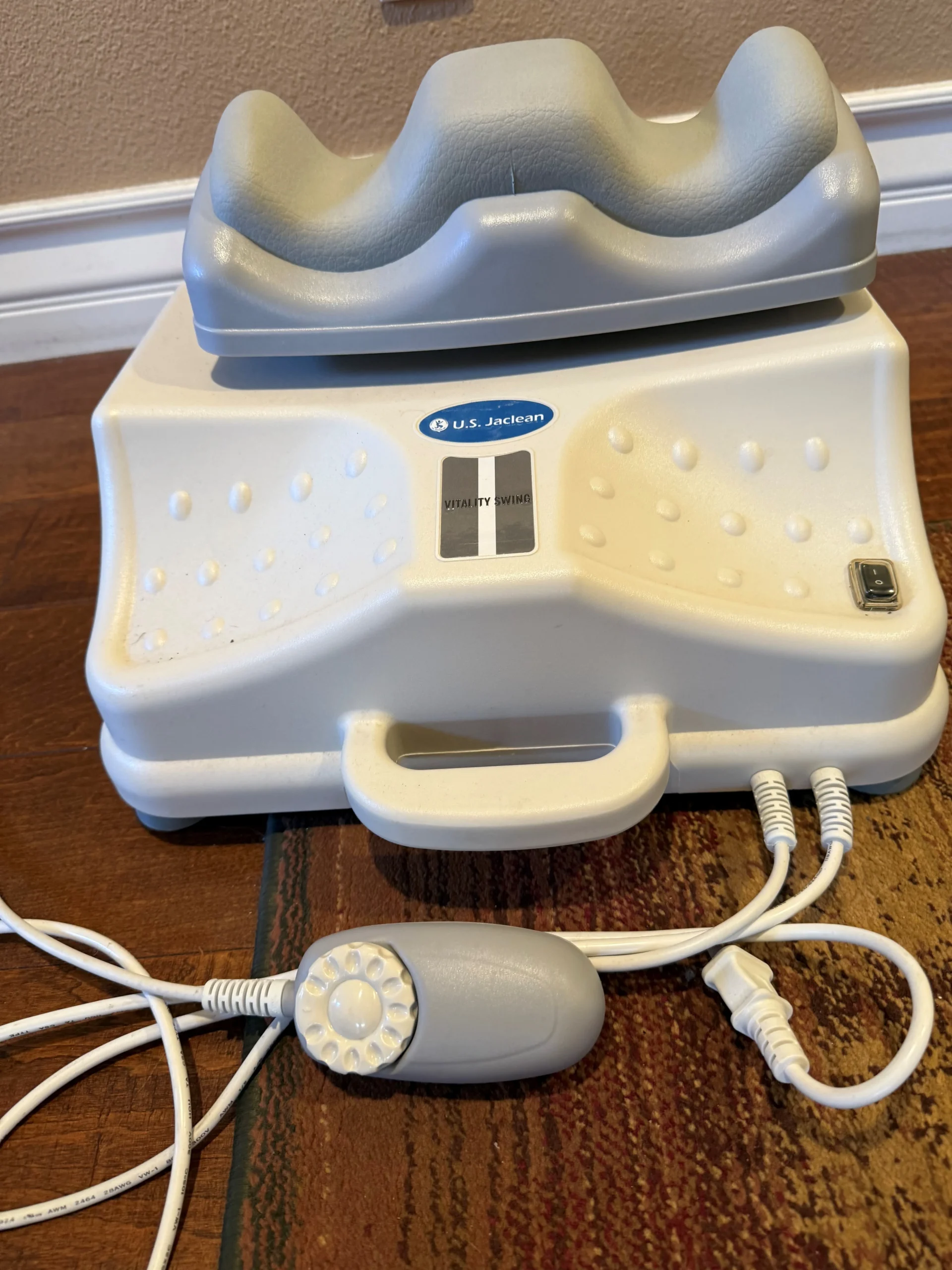Got Indigestion? – Try these Tips.
Symptoms of indigestion can include uncomfortable abdominal fullness after eating, pain or a burning sensation in your upper stomach.
Many people will have indigestion at some point. Indigestion isn’t a disease, but rather a symptom of other gastrointestinal problems. You don’t have to live with frequent indigestion. Stomach discomfort can disrupt your life, but it doesn’t have to. Visit a doctor about any worrisome symptoms.
Got Indigestion? – Try these Tips
 Chew Your Food and Slow Down
Chew Your Food and Slow Down
One of the most powerful tips to prevent indigestion is to slow down while you eat. Many of us are gobbling our food down while we live super busy lives.
Chewing your food properly allows your body to fully absorb the nutrients and will reduce negative symptoms such as gas, bloating, and intestinal discomfort. You’ll also eat slower and feel fuller for longer.
Digestive Enzymes
Digestive enzymes play a key role in breaking down the food you eat.
Different types of enzymes target different nutrients:
- Amylase breaks down carbs and starches
- Protease works on proteins
- Lipase handles fats
If your body doesn’t make enough digestive enzymes, it can’t digest food well. That can mean stomach aches other painful symptoms.
If I have a heavy meal, I use digestive enzymes to help support the breakdown of that meal. The one I use and recommend is HERE.
Remember, over-the-counter enzyme supplements are not regulated by the FDA the same way as prescription medicines. The makers of these products do not have to prove that they are effective.
No Gallbladder?
Some of the lifestyle changes that can help ease digestive symptoms when you’re living without a gallbladder are:
- Adopt a lower-fat diet
- Avoid eating fatty foods, such as fried foods
- Eat small, frequent meals
- Avoid eating a very large dinner after fasting all day
Get my FREE eBOOK HERE on Gut Matters: 4 Ways to Optimize Your Digestion to Boost Your ‘Second Brain’ and Improve Your Mood





























